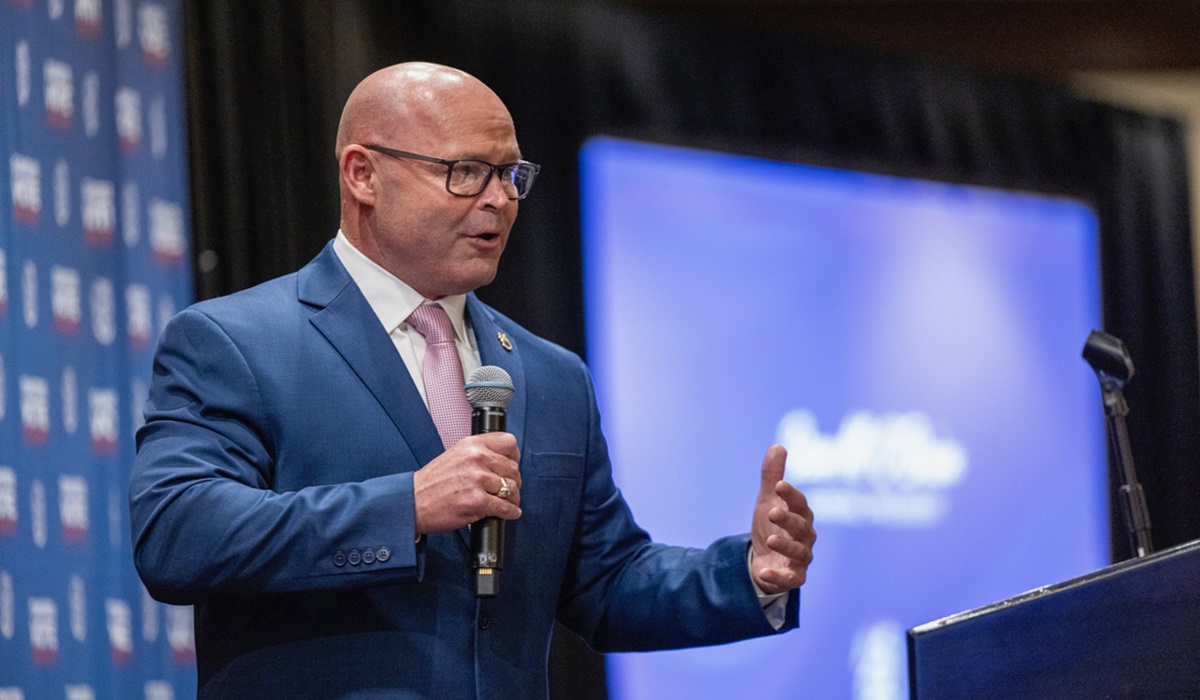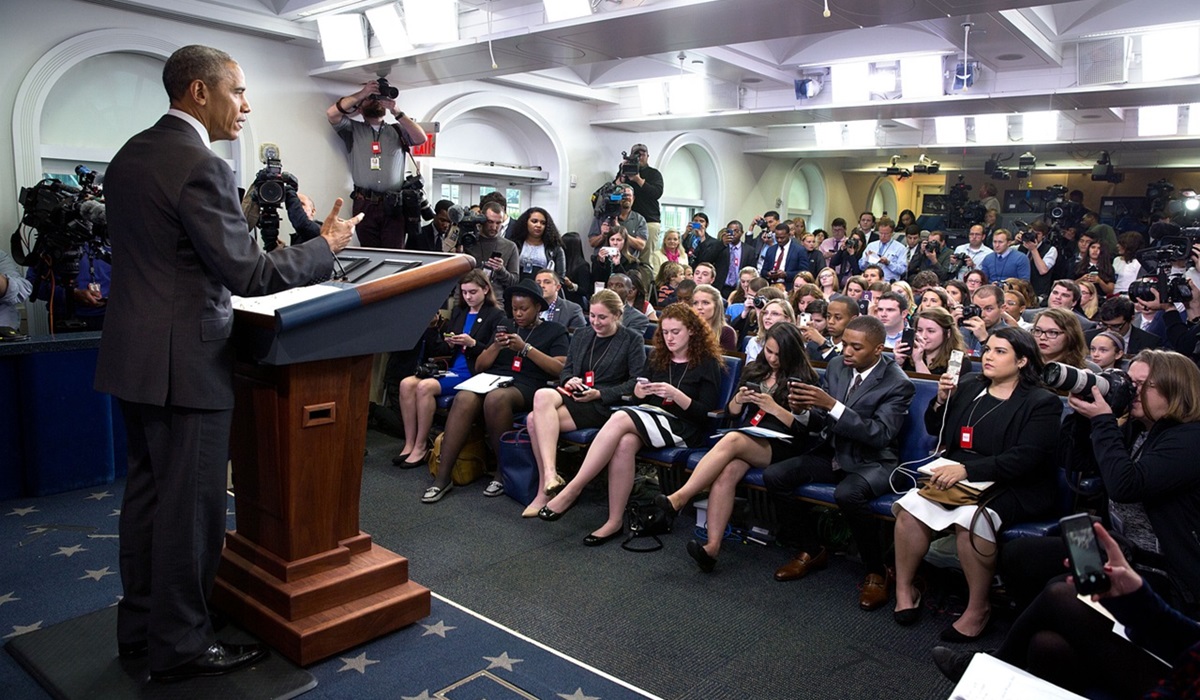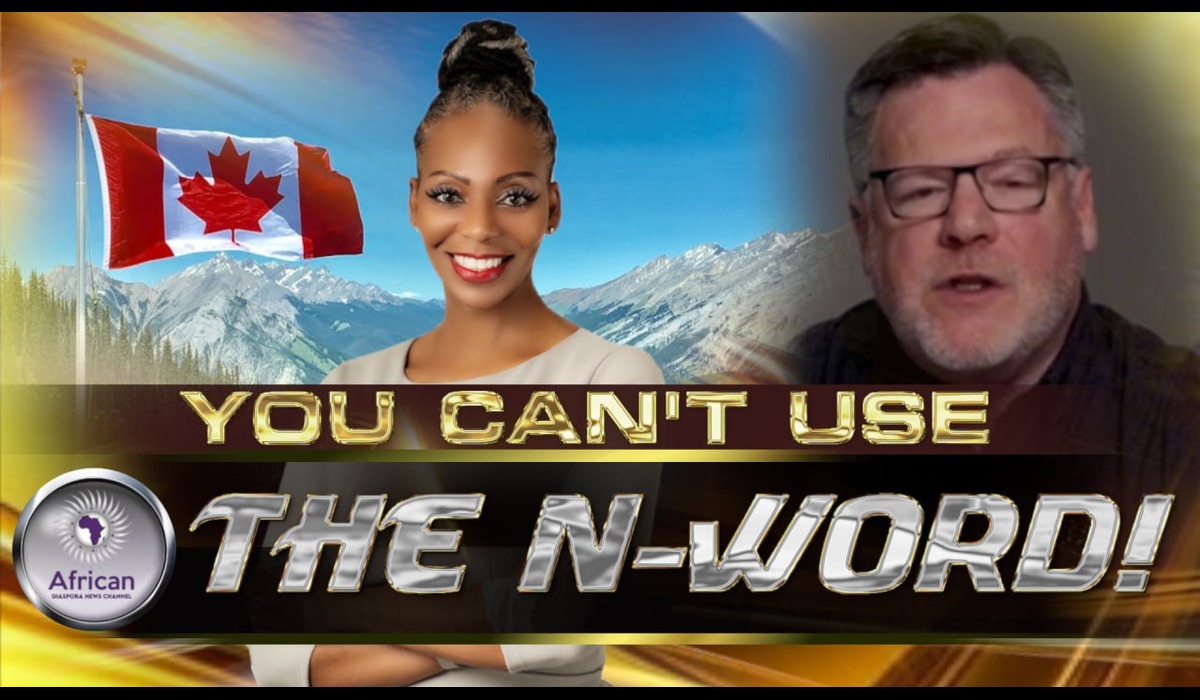Teamsters Union Shocks Political World: No Presidential Endorsement for 2024
- Naomi Dela Cruz
- U.S.A
- September 20, 2024

Image Credit, Teamster’s Social Media
In a move that has sent shockwaves through political circles, the Teamsters Union National President, Sean O’Brien, has announced that the union will not endorse any candidate in the upcoming U.S. presidential election. Historically aligned with the Democratic Party, the Teamsters’ decision is being interpreted as a major blow to the party, which has relied on organized labor’s support for decades. The announcement also drew attention for its timing, coming after O’Brien’s surprising appearance at the Republican National Convention, which many found peculiar given the union’s longstanding ties to the Democrats.
In a statement, O’Brien explained that the decision stemmed from frustration with both major candidates—Vice President Kamala Harris and former President Donald Trump—failing to meet the union’s expectations. “The Teamsters thank all candidates for meeting with members face-to-face during our unprecedented roundtables. Unfortunately, neither major candidate was able to make serious commitments to our union to ensure the interests of working people are always put before Big Business,” O’Brien said. He emphasized that the union had sought guarantees from both Trump and Harris to honor the union’s right to strike and not interfere with critical union campaigns, but those promises were not secured.
Former President Donald Trump, however, welcomed the union’s decision, framing it as a victory. “It’s a great honor,” Trump said, responding to the Teamsters’ neutrality. “They’re not going to endorse the Democrats. That’s a big thing.” Trump went on to note that, while the Teamsters traditionally back Democrats, the union’s membership is not monolithic. “Not all union members are Democrats, so it’s not necessarily a bad thing for those who have different opinions. Even though they’ve been told to vote Democrat in the past, that doesn’t mean they do when it comes to secret ballots in the booth.”
While the Teamsters’ decision marks a significant shift, it also highlights the internal tensions within labor unions, where members may not always align with their leadership’s endorsements. Trump’s remarks echoed this sentiment, hinting that the union’s neutrality could play out differently at the polls, with individual members potentially supporting his candidacy despite the union’s non-endorsement stance.
The decision has sparked a divided response within the Teamsters ranks. Many local chapters, including the National Black Caucus for the Union, have gone out on their own to endorse Vice President Harris, underscoring the fractured nature of labor’s political influence in this election cycle. Meanwhile, labor leaders and union speakers remained a prominent presence at the Democratic National Convention, continuing to highlight the Democratic Party’s historical ties to organized labor.
The absence of a unified endorsement from the Teamsters, however, raises questions about the potential impact on the election. Had the 1.3 million-member union thrown its weight behind a single candidate, it could have been a decisive force. Now, with no formal endorsement, both parties will have to contend with a more unpredictable labor vote, which could prove crucial in key battleground states. As the political landscape shifts, the Teamsters’ decision not only leaves both major candidates without a powerful ally but also sends a message about the growing dissatisfaction within organized labor.








